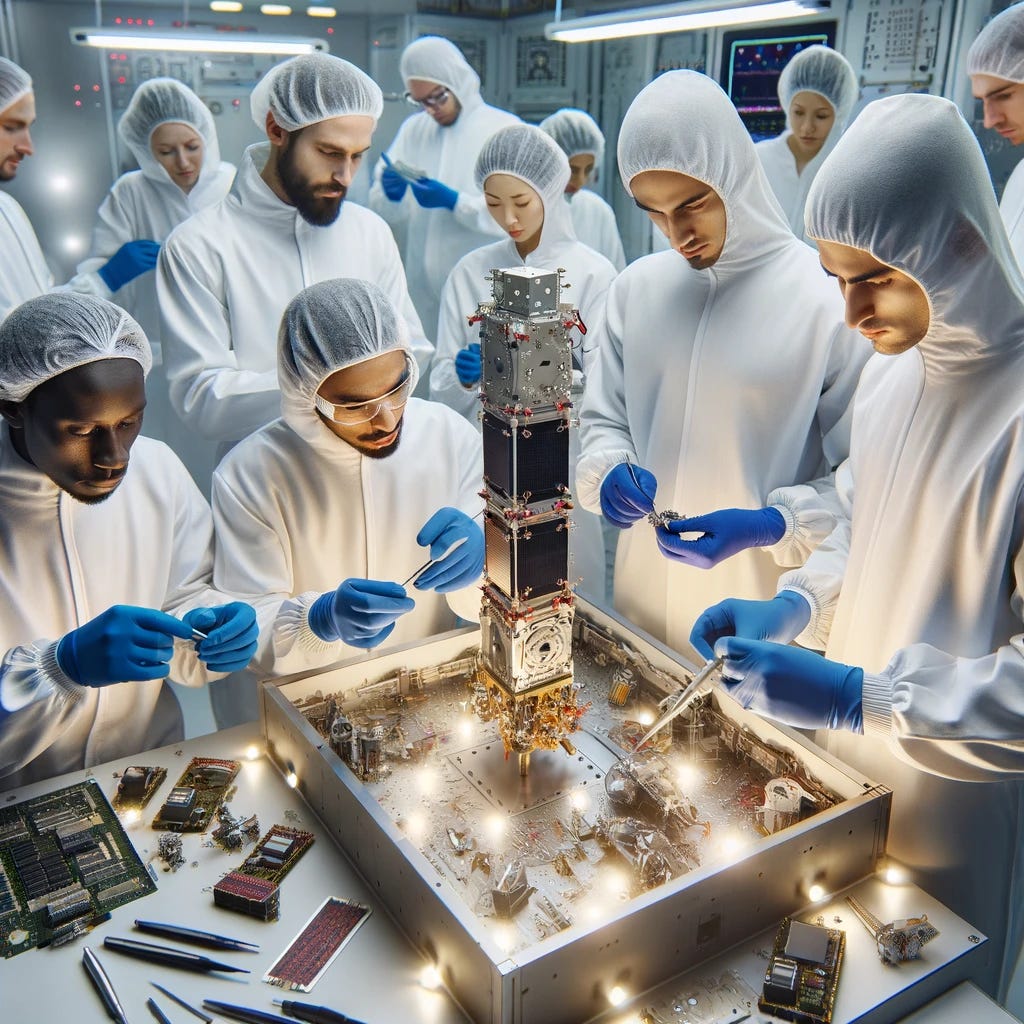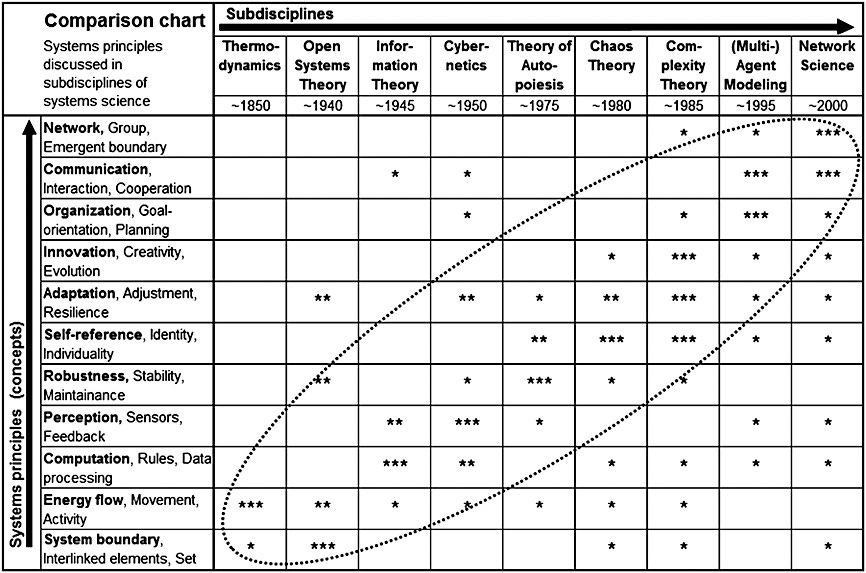During the inaugural meeting of the newly relaunched ISSS special integration group (SIG) focused on research towards general systems theories, one participant made a comment which grabbed my attention.
"Being useful is really the mark of real science."
For me, this statement symbolizes one of the existential issues facing the ISSS and the broader systems science community. It is misleading and confusing if we don’t specify what sort of science is being pursued.
Basic vs. Applied Science
To provide useful theories and novel solutions, systems scientists must make a clear distinction between efforts in basic and applied science. The distinction was made clearly in 1945 by Vannevar Bush in the report which led to the establishment of the United States National Science Foundation.1 The differences and unique benefits of each were clarified more recently in 1997 by Christopher Smith, former Director General of CERN. 2
Basic science is motivated by curiosity.
It leads to the development of general theories which give us understanding but not answers to specific problems. General theories, including atomic theory, cell theory, electromagnetic theory, and general relativity provide a shared understanding for physicists, chemists, and biologists about fundamental concepts such as atoms, cells, electromagnetism, and gravity. Developing shared foundations was a prerequisite for the advancement of applied science in these fields.
Applied science is motivated by a desire to answer specific questions.
It depends upon the fundamental knowledge of how things work, acquired through basic research. Curious minds were fixated on understanding the fundamental nature of reality. As a result, we can build semiconductors to power our computers, create stem cell therapies to regenerate damaged tissues, and construct wireless networks and GPS systems for global communications.
Systems science is still in the formative stages where there is no shared consensus about what it means for something to be a system. There are disparate "general systems theories" such as information theory, cybernetics, complexity theory, and network theory. But as General Systems Theory co-founder Ludwig von Bertalanffy stated in 1967, "they differ in basic assumptions, models, mathematical techniques and intentions and occasionally contradict each other.”3
As a result, the word “system” might mean very different things to a complexity scientist, a network scientist, and a cybernetician. This diversity makes comparing findings between the sub-disciplines of systems science in a structured manner nearly impossible.4 There is no solid ground upon which applied systems science can advance in a unified fashion.
As members of a fledgling and immature discipline, we must recognize two distinct forms of scientific utility. Basic science can provide broad universal principles which apply to systems in general. Applied science can test theories and help solve systemic interdisciplinary problems. While the two domains develop in parallel, understanding the unique personal motivations driving each is crucial for progress.
I believe that success for the SIG, the ISSS, and the systems science community as a whole requires developing distinct strategies for pursuing basic and applied systems science along with strategies for facilitating effective collaboration between the two.
Bush, V. (n.d.). Science the Endless Frontier. Retrieved October 29, 2023, from https://www.nsf.gov/about/history/vbush1945.htm#ch3.3
Smith, C. (n.d.). CERN - The use of basic science. Retrieved October 29, 2023, from https://public-archive.web.cern.ch/en/About/BasicScience1-en.html
Drack, M., & Pouvreau, D. (2015). On the history of Ludwig von Bertalanffy’s “General Systemology”, and on its relationship to cybernetics – part III: Convergences and divergences. International Journal of General Systems, 44(5), 523–571. https://doi.org/10.1080/03081079.2014.1000642
Hieronymi, A. (2013). Understanding Systems Science: A Visual and Integrative Approach. Systems Research and Behavioral Science, 30(5), 580–595. https://doi.org/10.1002/sres.2215







This post makes me pause. I apply systems science in almost every moment. More than just a science, it's a shift in worldview. Seeing the world as made up of networks, feedback loops, boundaries, etc. is the same as seeing Earth as round or recognizing the need for plants to have sun. So fundamental that application is immediate.
great read :) basic science is in pursuit of truth (which lends itself to utility, intentionally or not) while applied science is in pursuit of utility directly.